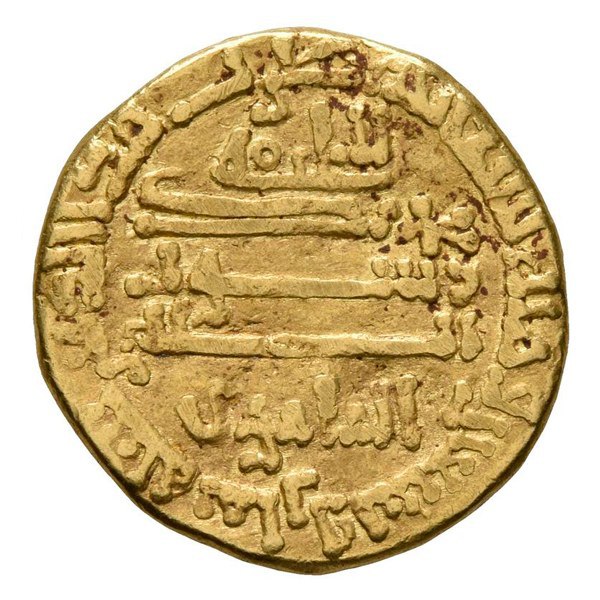Gold Coin From Ancient Abbasid Caliphate Found in Turkmenistan
A local history museum in the Mary region of Turkmenistan has received a gold coin dating from the 9th or 10th century. The museum's director, Yazgul Tirkishova, has said that the dinar coin was donated by a resident of the village of Zakhmet named Nurmuhammed Babayev. The gold dinar comes from one of the largest empires of the Islamic world, the Abbasid Caliphate. The Caliphate emerged in the 7th century and stretched from Spain to India; its gold currency was a sign of its power and prosperity. Coins of this type, weighing 4.25-4.27 grams and containing quotations from the Qur'an, became the standard of coinage for centuries. The acquisition of the dinar is a significant event for Turkmenistan's historians. The staff at the museum intend to thoroughly study the coin, compare it with other known specimens, and possibly discover new facts about the region's life and culture during the Abbasid era. The study of such artifacts helps modern scholars gain a deeper understanding of the complex history of the Islamic world, its economy, and culture and assess the Abbasid Caliphate's influence on world history.


